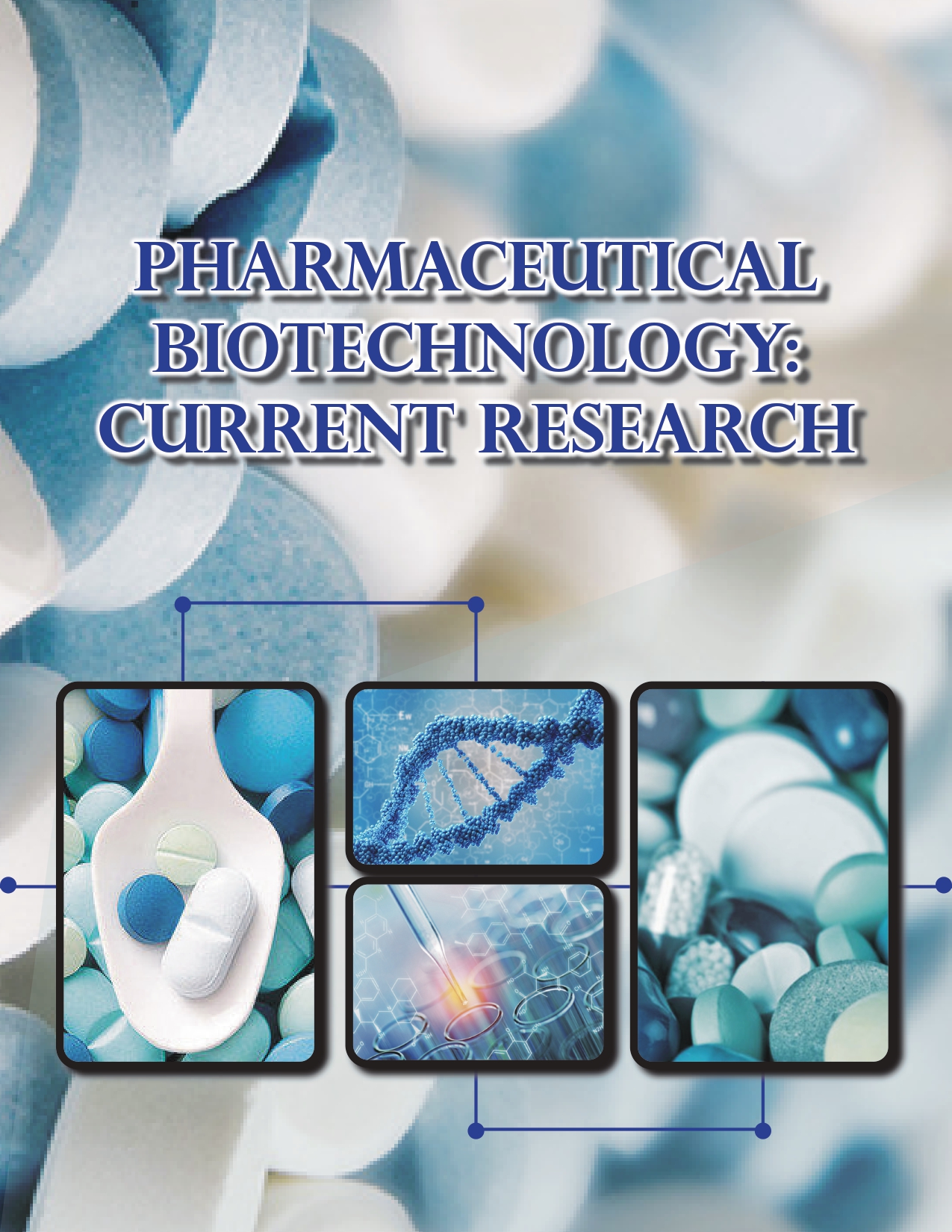Antimicrobial and anti-inflammatory potential therapy for opportunistic microorganisms
Abstract
Methanolic extracts of six plants (Arbutus andrachne, Chrysanthemum coronarium, Inula viscosa, Origanum syriacum, Punica granatum, and Rosmarinus officinalis) used in traditional medicine for the treatment of bacterial and fungal infections were evaluated. The present study was conducted to evaluate the antimicrobial and anti-inflammatory activity of some medicinal plants in lowering the risk of opportunistic infections of the oral cavity caused by Staphylococcus aureus, Pseudomonas aeruginosa, and Candidaalbicans. Extracts were evaluated separately and in a mixture. Methodology: The methanolic plant extracts were tested against three opportunistic microorganisms by determining the minimum inhibitory concentration (MIC). They were also evaluated for their ability to suppress the release of the pro-inflammatory cytokine IL-6 while not suppressing the release of the anti-inflammatory cytokine IL-10 from peripheral blood mononuclear cells using ELISA. Results: All extracts showed both antimicrobial and anti-inflammatory activities. However, O. syriacumexhibited the highest antimicrobial activity for the three microorganisms among all of the tested extracts (MIC S. aureus: 1 mg/mL; P. aeruginosa: 2 mg/mL; and C. albicans: 1 mg/mL). The extracts inhibited the expression of the pro-inflammatory cytokine IL-6 with apparent dose-dependent responses while they attenuated the secretion of the anti-inflammatory cytokine IL-10. The mixture of O. syriacumand R. officinalis showed an anti-inflammatory effect, with a synergistic antimicrobial effect.
Open Access Journals
- Aquaculture & Veterinary Science
- Chemistry & Chemical Sciences
- Clinical Sciences
- Engineering
- General Science
- Genetics & Molecular Biology
- Health Care & Nursing
- Immunology & Microbiology
- Materials Science
- Mathematics & Physics
- Medical Sciences
- Neurology & Psychiatry
- Oncology & Cancer Science
- Pharmaceutical Sciences
